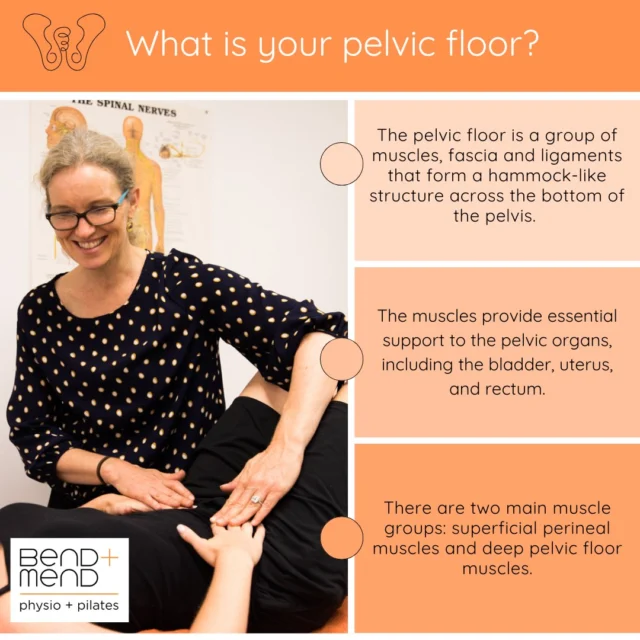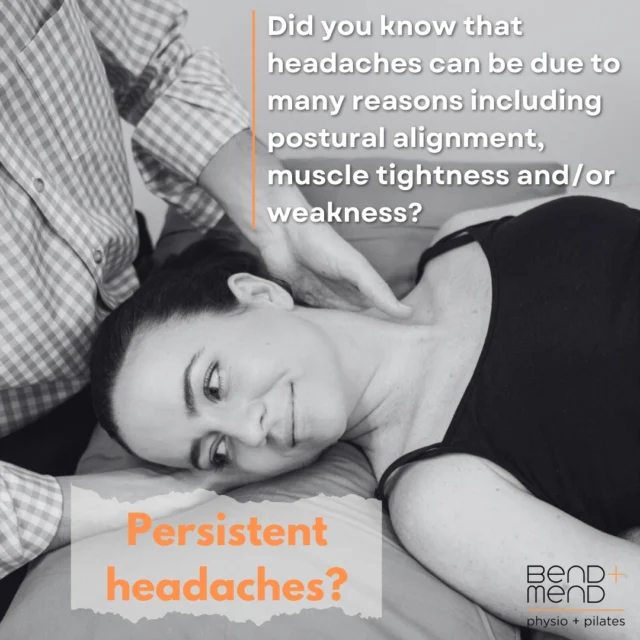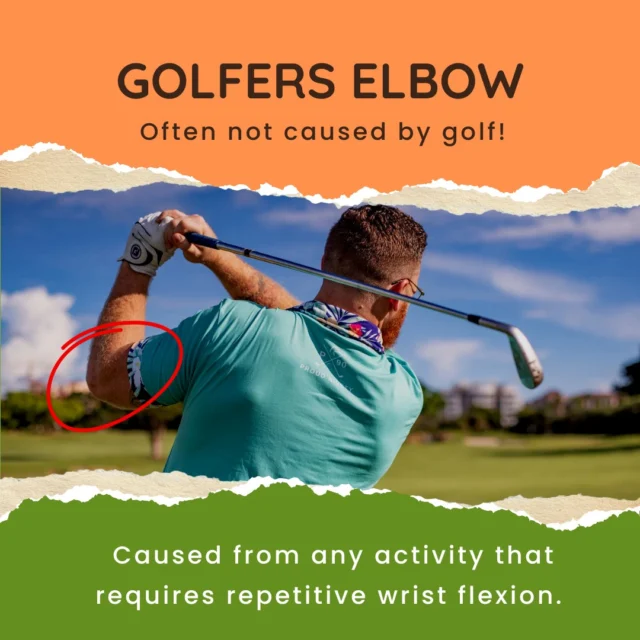What is Clinical Pilates?
Clinical Pilates is a form of low-impact resistance exercise that addresses your specific muscular needs. It can improve tight, weak and painful parts of your body. Pilates using equipment benefits your body by building muscle from the inside out. It starts with your core and stability muscles which are the deepest muscles that surround your joints, and then works on the bigger muscles which help you move.
Pilates with a Physiotherapist can also stretch and mobilise areas that become tight over time. Whether you sit at a desk, or are on your feet all day, certain areas of your body will tighten more than others. Our Pilates sessions directly address these areas.
Clinical Pilates is different to Mat Pilates because you are assessed by a specially trained Pilates Physio who assesses your movement patterns and strength and forms a targeted treatment program.
Overall, Clinical Pilates is highly effective in the management and prevention of spinal pain and other musculoskeletal conditions, designed to improve your core stability, flexibility, and postural control.




